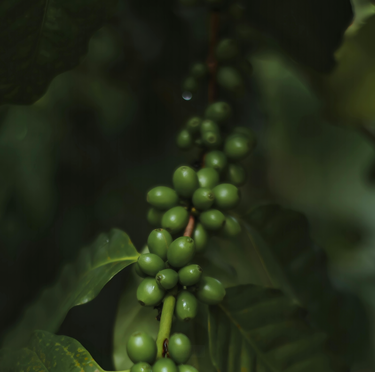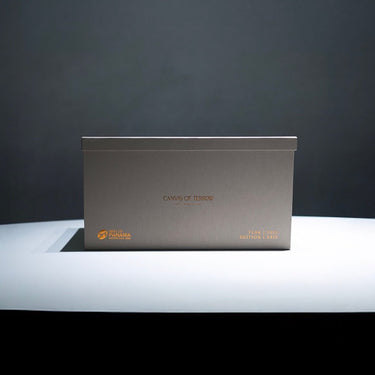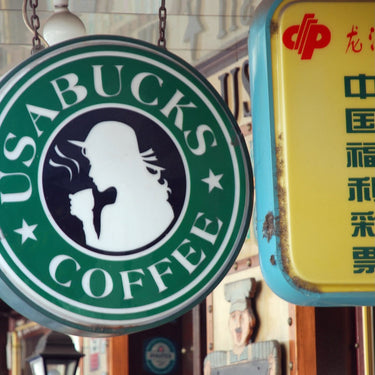TRADITIONAL
Nº 191 Timor Leste Mota Bandeira
Country: Timor Leste
Process: Washed
Grown / Region: Raimutin Wet Mill, Ermera
Altitude: 1400m - 1600m
Varietals: Hibrido de Timor, Moka, Typica
Producers: Smallholders from the Ermera region
Tasting Notes: Caramel, Roasted Almond & Satsuma
Roast Level: Dark 5/5

FARM NOTES:
The name of this coffee comes from a popular waterfall in Timor Leste and is one of the country’s main attractions - this is located close to the Raimutin Wet Mill. Forest-grown, the Mota Bandeira lots are fully shade grown in the wild forest lands of the Ermera Region. The ripe cherry is then taken to the Raimnutin Community wet mill to be processed meticulously as a washed coffee.
DISCOVERY
Nº 192 Rwanda Burega Womens Microlot
Country: Rwanda
Process: Washed
Grown / Region: Rulindo, Northern Province
Altitude: 1500m - 2110m
Varietals: Bourbon
Producers: Female Smallholders
Tasting Notes: Nectarine, Dried Fruit & Pekoe Tea
Roast Level: Medium - Dark 4/5

FARM NOTES:
This microlot was produced by the women of the Burega cooperative and grown exclusively by smallholder women in the area. This washed lot is fermented for 16-20 hours in tanks beofre being pulped and dried on raised beds for 18-28 days. The coffees moisture level during this drying process is monitored, turned regularly and covered at the hottest times of the day, all to improve the final product.
Washing station manager, Niyigxaena Joseph, receives coffee cherry from a local farmer's cooperative. This particular lot is made up only from the cherry delivered by female smallholders. There is lots of natural fruit flavour, which is common in East African coffees, and this is well balanced by intense sweetness and a long finish.





